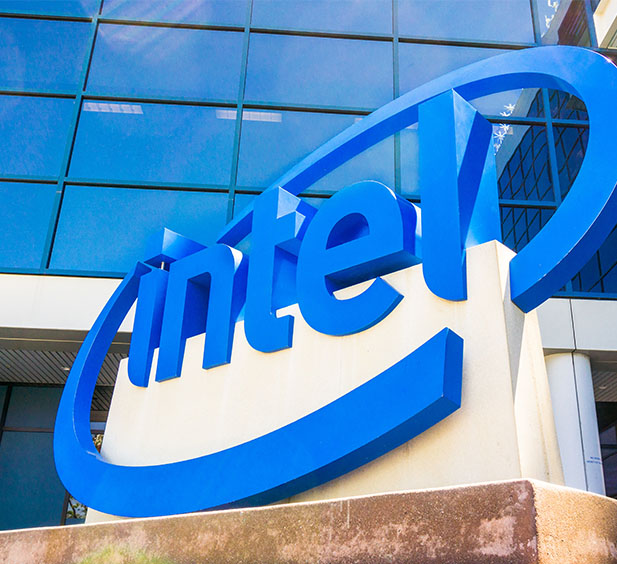Haim Bibas, the mayor of Modi’in and Chairman of the Federation of Local Authorities in Israel, looks ahead and determines: cities in the future will be run according to the Smart City Model. In the meantime, he works towards implementing professional management methods in all local authorities to reduce the pressure that is put on mayors relating to planning and building | Galit Shafir
In 2008, upon Haim Bibas entering into the Modi’in Mayor’s Office, he encountered the local authority, which was the only one in the country run by government offices. As a result of this policy, the construction momentum went on without building the appropriate infrastructure of public institutions, public gardens, parks, and more. During Bibas’s first day in the job, he set the goal of taking back the city management and giving it to the people elected by the public. In meetings held with senior officials in the Ministry of Finance and the Ministry of Construction and Housing, he made it clear that he did not intend to let this matter go, and if needed, he would even go to court. Several months later, the efforts bore fruit, and the city’s management was handed to the city council, elected by the residents.
Since then, nine years have passed, and the city is experiencing unprecedented growth, both in terms of the number of residents (increased by 50%) as well as the development of infrastructure and public facilities inducing: parks and public gardens, two cultural halls, employment centers, and more.
The executive branch of the government
“The local authorities are the government’s executive branch in all fields, except the military field,” emphasizes Bibas. “Running a city requires parallel handling of a variety of areas and working with multiple entities. Therefore it is essential, right from the beginning, to build a long-term plan including a finalized city construction plan, in which everything concerning the planning of the infrastructure and construction of housing and public institutions (schools, kindergartens, community centers, and more) is pre-approved. ”
It is also vital to establish weekly and daily monitoring mechanisms that will be in charge of following the progression of the plans’ execution (professional forums according to fields of expertise: transport, environment, etc.)
“The head of the authority must set clear, measurable, and realistic goals,” adds Bibas, whose municipality also includes Maccabim-Reut (Municipality of Modi’in-Maccabim-Reut). “He or she must dare, dream, and think outside the box, and in parallel – know the field, map the residents’ needs, and operate according to a clear, regulated, and supervised work plan.”
In that context, what are the most common mistakes made by mayors?
“The most common mistake made by some mayors, who come to this job with a background in business management or from the military, is that they rush into making changes even before studying the local government system.”
What is, in your opinion, the difference between running a city and running a business company?
“Running a local authority requires, in addition to the professional administrative work, also political work, both in the city council as well as with the people who have assisted you in getting elected. Therefore, my recommendation is to run for the mayor or head of the council’s position under the wing of an existing party rather than independently so that the election won’t be dependent on people to whom you will later feel obligated. It is also important to create a wide coalition at the city council by delegating authorities to council members, thus enabling them to feel that they belong and are a part of the making.”
Is it different managing employees in a business company as opposed to a local authority?
“Tremendous difference. While a business company director has the authority to choose the team he or she wishes to work with and replace those who are not adequate, local authority employees have tenure, and replacing employees is a long and complex process. Heads of local authorities must realize, starting from day one, that the existing employees are those who will accompany them throughout their entire term. Thus it is important to work with them in collaboration and motivate them to promote the mayor’s vision.”
Increasing student achievements
Since elected as the head of the Federation of Local Authorities in 2014, the main goal Bibas set for himself was to implement a professional management system in all the local authorities. This way, he says, he will be able to significantly reduce the pressures put on mayors relating to planning and construction.
The Federation of Local Authorities incorporates 257 local authorities, and its primary role is to promote their municipal matters in the Knesset and government offices. In the past three years, since elected for this position, he has dealt with many issues that can be noticed in every household, among which: strengthening the local authorities in periphery areas through increasing the budgets of “balance grants” by a billion ILS, a social after-school kindergarten program, adding a second assistant in kindergartens, reducing the number of students per classroom, plans for the development of authorities from the Arab, Bedouin and Druze sectors at the cost of 15 million ILS, and more.
What are your plans for the future?
“Education is at the top of my priorities. The challenge is reaching each one of the children, raising the achievements among the students, and acting towards expanding the enrichment programs. Another challenge is transitioning to management that matches the technological developments. The future management of the local authorities will be made according to a model of ‘Smart Cities,’ in which the city assets will be run through technological means, among which: central control systems which will contain all the municipal information (lighting, transport, trash, etc.), municipal tax payments made through smartphones, the advancement of municipal projects in collaboration with the public, and more. Using these tools will help save costs, improve the residents’ quality of life, shorten handling time, and lead to general efficiency.”
What is your advice to young people who aspire to senior management positions in the public sector?
“The public sector needs high quality and professional people to continue leading the state of Israel at the forefront. For those aspiring to be a part of this sector, I would suggest to thoroughly study those public systems, deepen their knowledge of those systems, and always remain open to constructive criticism and innovation.”











